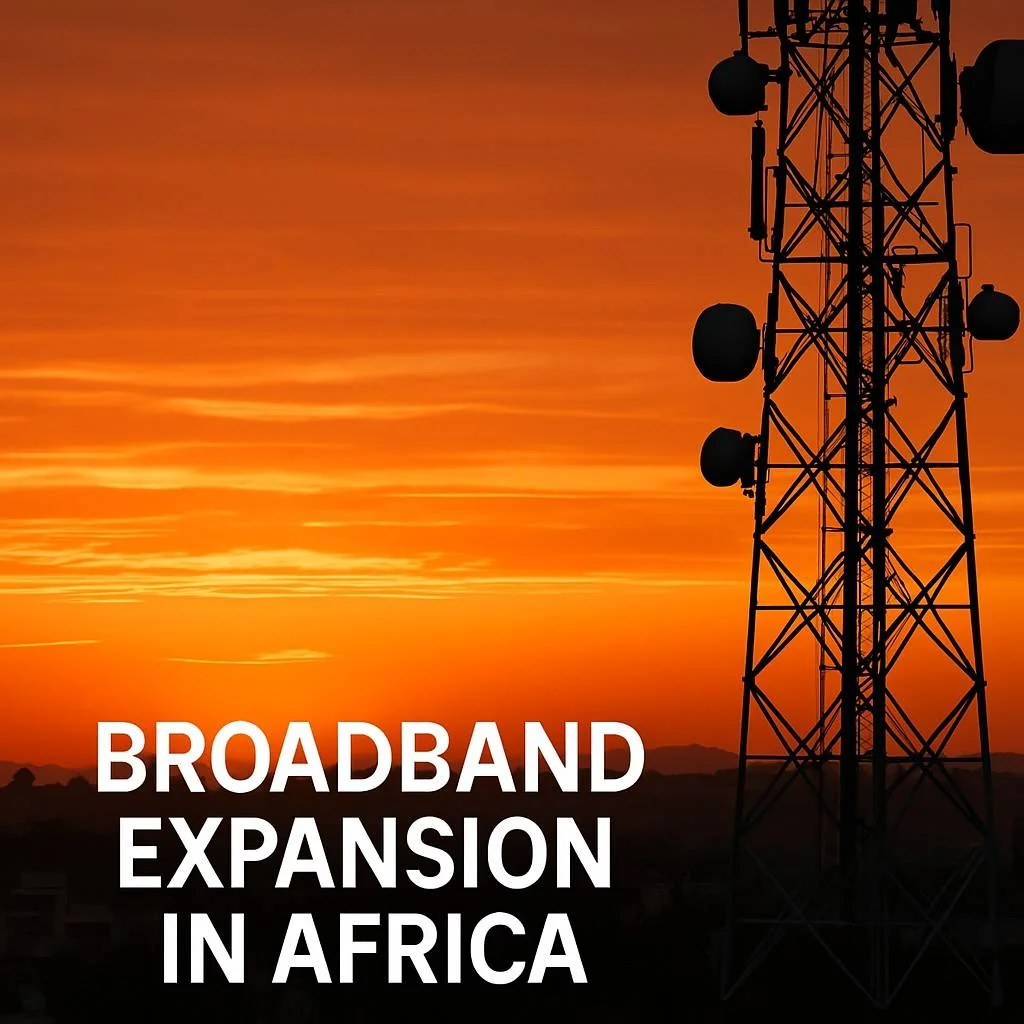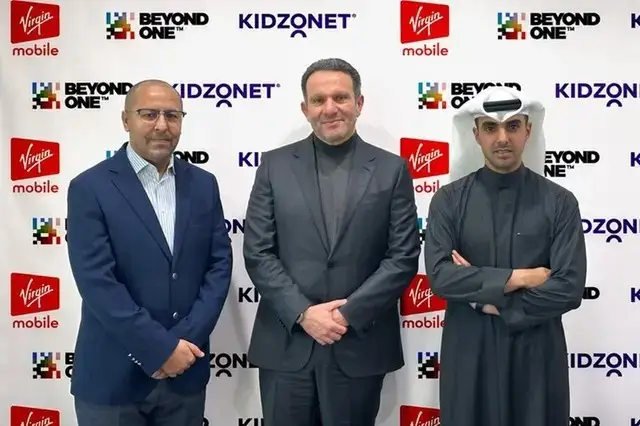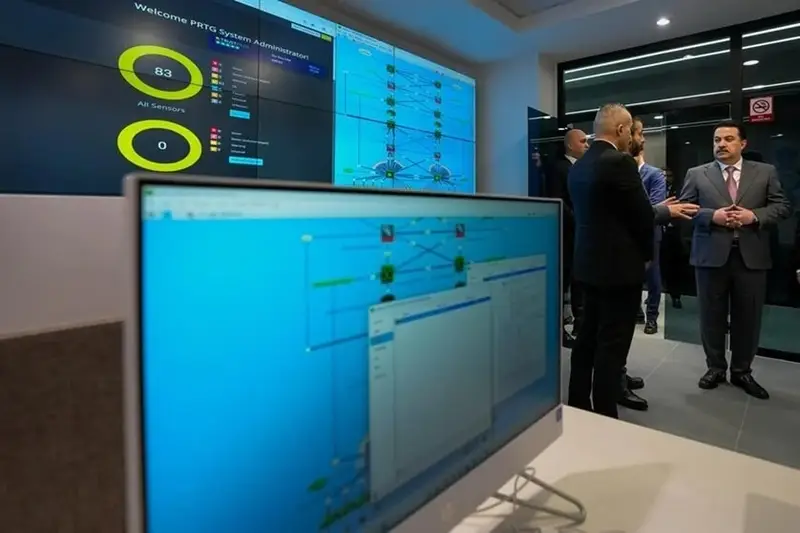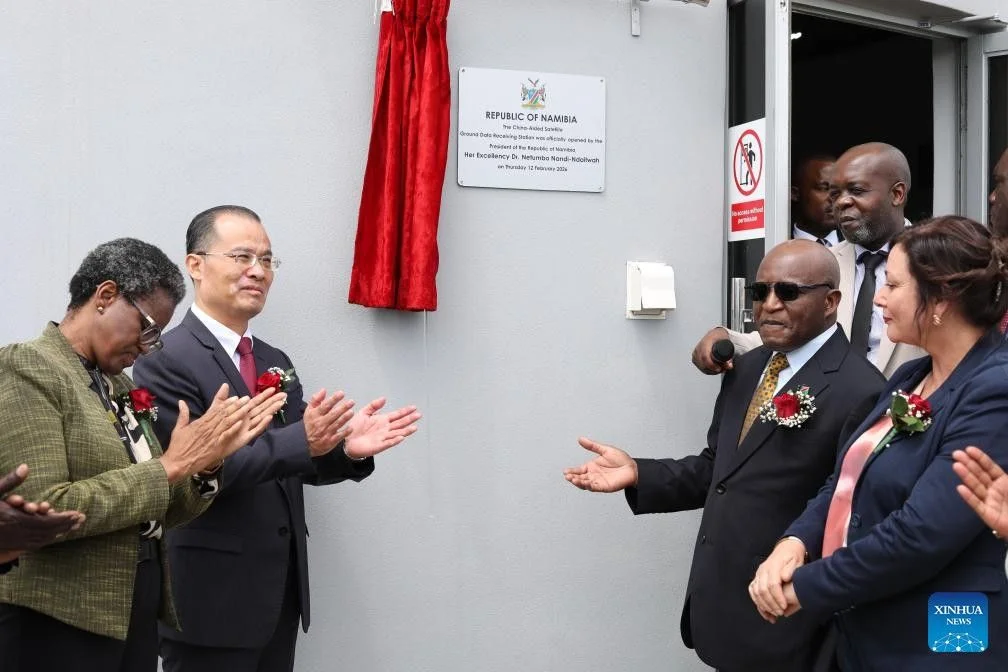Broadband access across Africa is experiencing rapid growth, fueled by increased investment in infrastructure, digital transformation initiatives, and rising demand for high-speed internet. This expansion is not only improving the quality of life for millions but also driving economic development by enabling e-commerce, digital finance, remote education, and cross-border business operations. As connectivity improves, Africa’s ability to compete in the global digital economy also strengthens.
According to the Speedtest Global Index, which measures internet performance worldwide based on real user data, African countries have shown varying progress in fixed broadband internet speeds. The rankings are determined by median download speeds, providing a more accurate reflection of the typical user experience compared to average speeds.
Here are the top 10 African countries ranked by fixed broadband speed:
- Egypt – 84.52 Mbps
Egypt leads the continent with significant improvements in broadband speed, driven by telecom reforms and investments in fiber-optic infrastructure. The government’s Digital Egypt initiative and partnerships with private ISPs have expanded high-speed access in both urban and semi-urban areas. - Côte d’Ivoire – 59.93 Mbps
Côte d’Ivoire’s fast-growing digital economy, alongside government-backed programs like “e-Gouv,” has spurred broadband infrastructure development. The deployment of submarine cables and 4G fiber rollouts have significantly contributed to its improved broadband ranking. - Mauritius – 51.96 Mbps
As a tech and financial hub, Mauritius benefits from a competitive telecom market, proactive regulatory policies, and early investment in undersea cable connectivity, all of which have made fast broadband widely accessible. - Ghana – 51.24 Mbps
Ghana’s broadband growth can be attributed to increased investment from private ISPs and government initiatives like the Ghana Investment Fund for Electronic Communications (GIFEC), which plays a vital role in extending broadband to rural areas. - South Africa – 48.49 Mbps
South Africa, with its well-established digital economy, boasts a strong telecom sector and extensive fiber coverage in major cities. Ongoing 5G trials and public-private partnerships continue to drive improvements in fixed broadband speeds. - Burkina Faso – 48.05 Mbps
Burkina Faso’s broadband capacity has significantly improved due to regional broadband projects, infrastructure sharing among West African nations, and recent fiber network expansions and international gateway upgrades. - Gabon – 42.84 Mbps
Gabon’s National Broadband Plan and public-private investments in submarine cables have increased access to high-speed internet, positioning the country to become a digital leader in Central Africa with ambitious infrastructure goals. - Rwanda – 41.30 Mbps
Rwanda’s digital-first approach has been integral to its broadband growth. The government has laid thousands of kilometers of fiber optics and created a competitive ISP market, making high-speed internet more accessible, even in rural areas. - DR Congo – 38.45 Mbps
DR Congo has seen recent improvements in broadband speed due to expanded urban fiber networks and international investment in telecom infrastructure, with significant progress in cities like Kinshasa. - Morocco – 36.37 Mbps
Morocco’s digital transformation, including national broadband investments and smart city initiatives, has supported steady growth in broadband speed and coverage across the country.
Accelerating Broadband Progress in Africa
To continue this momentum, African countries must prioritize broadband investment and policy reform. Key strategies for accelerating progress include:
- Expanding fiber-optic infrastructure through public-private partnerships
- Encouraging ISP competition to reduce costs and improve service quality
- Investing in rural broadband to close the digital divide
- Leveraging satellite and 5G technologies to reach underserved areas
- Streamlining regulatory processes to attract international telecom investments
With the right investments and policies, African nations can turn broadband into a cornerstone for innovation, inclusion, and sustainable economic growth.















